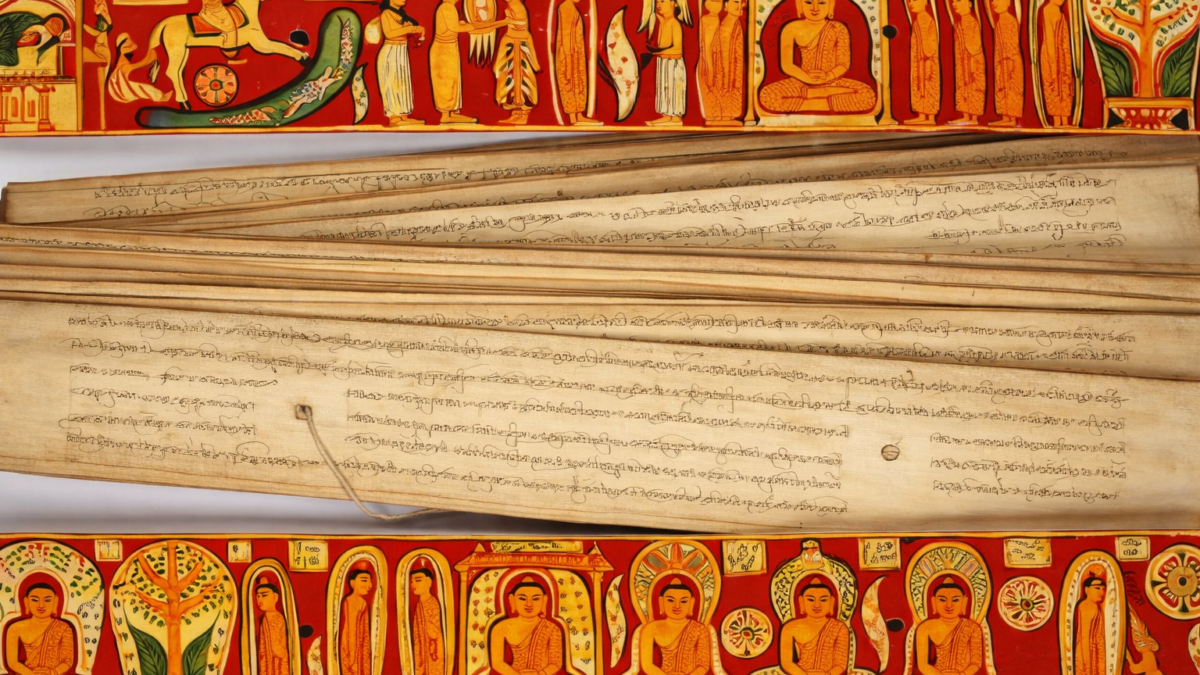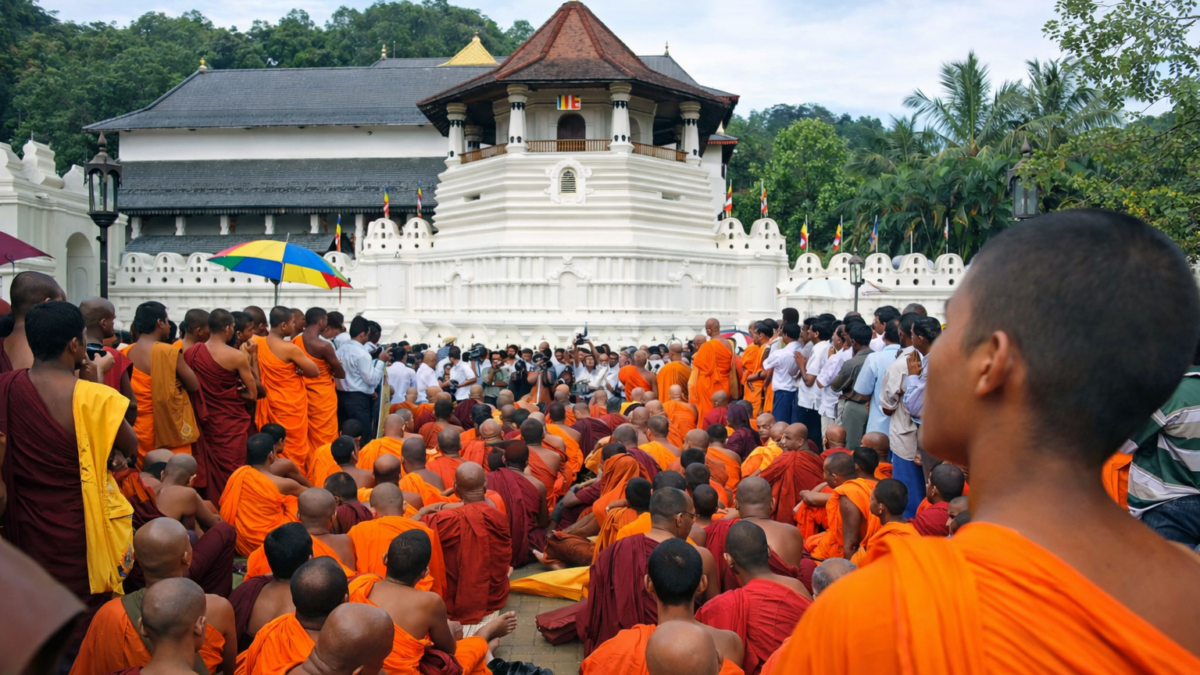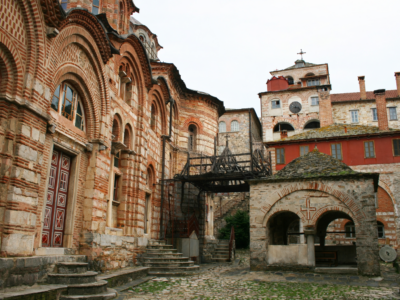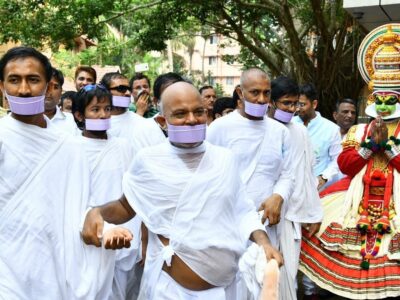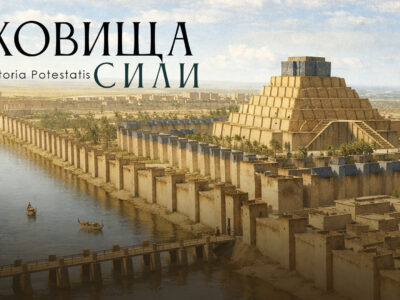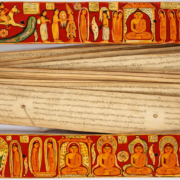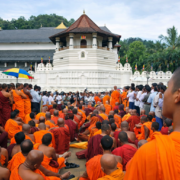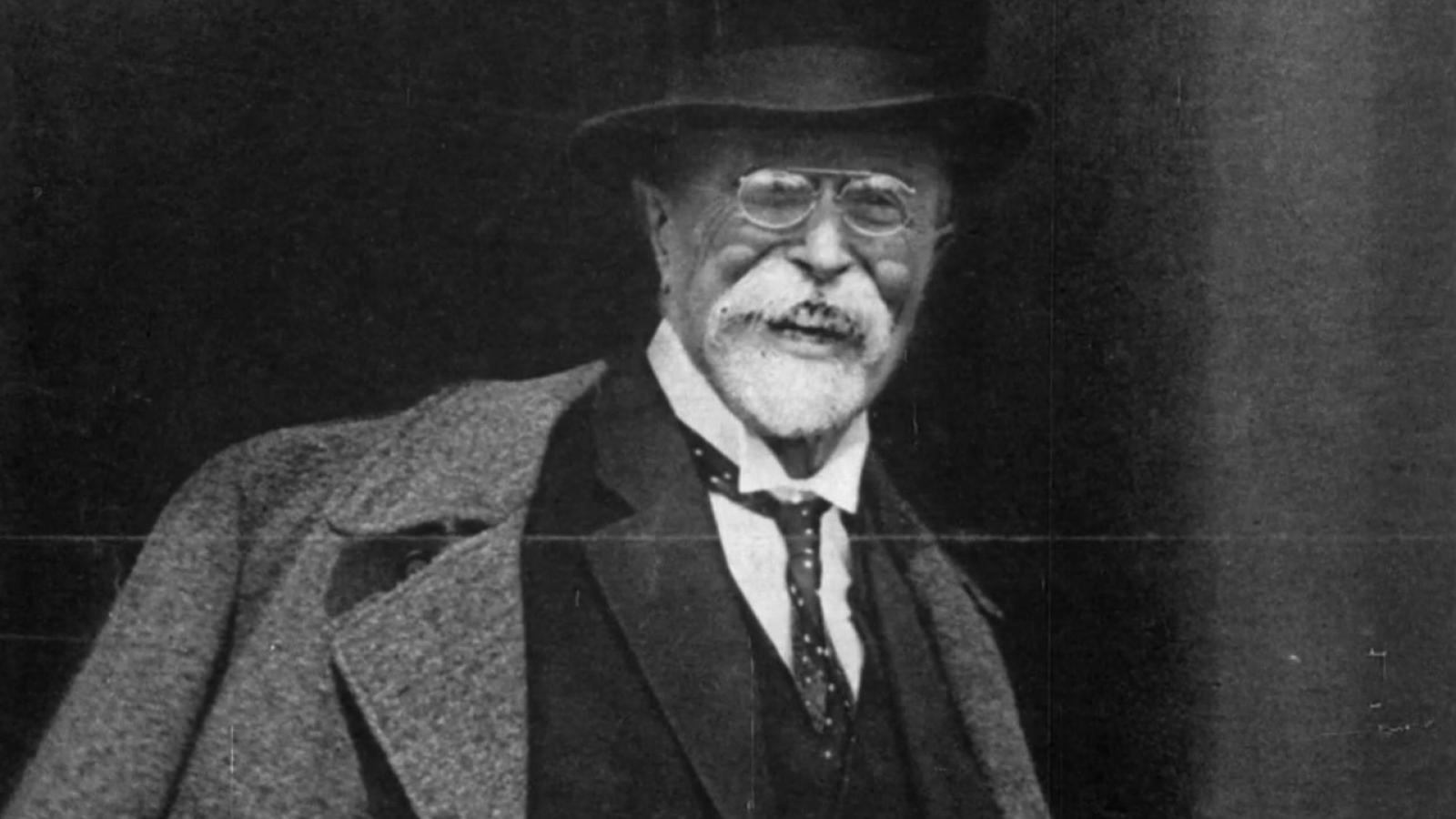
Tomáš Masaryk was born into a Slovak-German family in Hodonín, Austria-Hungary, on March 7, 1850 in Moravia. He was educated in Vienna, Brno, Leipzig, etc. While studying in Vienna, Masaryk showed his interest in the study of many social processes and phenomena, which became the basis for the defense of his doctoral dissertation «Suicide as a social phenomenon.» In 1882, Tomasz Masaryk became a professor at the University of Vienna and published many works on sociology, history of philosophy and psychology. In the dissemination of Masaryk’s works played a role in the creation of popular science periodicals «Athenaeum. Journal of Scientific and Literary Criticism ”which was not analogous in the empire in the Czech and Slovak lands. In the pages of the magazine Masaryk actively argues about the idea of true patriotism and defines its function in society. His fifth — the essence of true patriotism «Great can not be great if it is untrue» — the basis on which the rest of the beliefs of the philosopher.
With great potential and many scientific achievements, Masaryk is invited to give lectures at the University of Chicago (USA), at the invitation of Charles Crane. Masaryk’s political activities were connected between 1891 and 1893, as well as between 1907 and 1914, when he was a member of the Reichstag of the Austrian parliament. Since 1915 he has been secretly sharing the belief in the independence of Czechoslovakia from the Austro-Hungarian Empire. During the First World War, Masaryk had the opportunity to travel to Italy, Switzerland, Britain, Russia, the United States, etc., and spoke in support of the Entente bloc, thus agitating public opinion in open form for the independence of Czechoslovakia. After the collapse of the Austro — Hungarian Empire in the United States in 1918, he was elected in absentia as the first president of a new state — Czechoslovakia. In Czechoslovakia itself, the image of President Masaryk is portrayed heroically. His principles have always carried philanthropy and respect. In his opinion, only on such principles the political thought and strategy of management of state processes should be formed.
The religious component played a special role in Tomas Masaryk’s system of views. Moving from Catholicism to the Evangelical Lutheran Church, Masaryk gave a special role to Christianity and showed its specific role in the formation of the national culture of the Czech people. It is the Christian component, according to Masaryk, that made many different peoples and cultures humane. Being a successful politician, Masaryk poses the problem of humane religion. His vision of religion is de-ideologization, professing the ideals of humanity, free from political processes, as well as active interference in politics. In fact, humanity in its interpretation is a synthesizing element of political activity and secular ethics. At the same time, the question arises: how do humanism and the model of a secular state have a close connection with Christian values? In his view, both in the substantive essence of politics and religion are the principles of the ideal of humanity. This is the main element that makes it possible to realize in the practical sphere of human life human freedom, which is a product of natural law. It is safe to say that Masaryk’s philosophical understanding of religion has no confrontation between a «believer» and a «politician.»
The sphere of political activity is a public affair, which was schematically referred to as «I-we». Masaryk perceived religion not only as a social institution, but, above all, as a private affair of each individual. This ratio Masaryk meant «I-you». There are two levels of social and mechanical, which are organically impossible to combine. In his views, Masaryk is a supporter of liberal democracy and saw in it not arbitrariness or irresponsibility for actions, but the principle of multiparty system at the heart of which is human dignity. Masaryk, standing on the principles of liberal democracy and defending the rights and freedoms of the human person, is a supporter of secularization as an integral part of beliefs. Religion emphasizes its intimacy, interpersonality. Such an understanding was reproduced in the works of Protestant theologians in the post-Masaryan period (the views of the Community, Kuchera) in which Christianity was perceived primarily as a religion of freedom. Masaryk distinguishes religion from the spheres of human life such as science, law, philosophy, politics. However, to call him a critic of religion would be inadequate.
His new concept of the «new religion», which did not previously exist in previous religious studies — the position of a rational, critical religion. Moreover, the philosopher proposes to create a new church together with his followers, which from the point of view of classical religious studies could be interpreted as a sect. Masaryk interprets the search for and freethinking in the history of religion as a positive phenomenon, as another step towards overcoming religious commitment and another step towards philanthropy. However, this idea was not realized due to the fact that the politician does not claim to be a religious leader. The national problems of Czechoslovakia were more urgent, and the religious consciousness of the Czechs was only a minor element in the system of building an independent state. The relationship between religion and politics in Tomáš Masaryk is not defined in order to draw definitive conclusions. It is safe to say that his beliefs are understood through the formula «non-political religion and non-religious politics.»
He contrasted his views with the Roman Catholic Church, recalling its mistakes in the Middle Ages. Catholicism in his understanding is the direct opposite of his ideals. The medieval image of the Catholic Church is a phenomenon that, from Masaryk’s point of view, can be identified as «religious politics and political religion.»
The whole system of Christian liberalism manifests itself in Protestantism, whose views are shared by Masaryk. In the end, in addition to national political activity, the philosopher positioned himself as a potential cleric of his religion. Masaryk’s conversion to Protestantism from Catholicism was caused by his internal struggle, which can be called a «crisis of religiosity.» However, Masaryk’s beliefs should not be equated with the views of Protestant theology on secular ethics or the church separated from the state. Liberalism is no longer an enemy for Masaryk as a Christian, but as a positive carrier of human freedom and peace. Because of this system of views, even in the political arena, the idea of Czech messianism arises. To implement it, he uses ethics, the principles of which are formulated in the work «Debate on the meaning of Czech history.» Liberal humanity is one that stands firmly on ethical norms and values and is inextricably linked to life practice. However, ethical subjectivism is also a field of criticism for Masaryk. Looking for the origins of the revival of the Czech people in ethics, he is wary of rationalist manifestations in philosophy.
Thus, the phenomenon of «new religiosity» of the Czech philosopher T. Masaryk should be considered as another form of understanding religiosity, as well as the basis for the establishment of a secular state, the embodiment of the rights and freedoms of each individual on the basis of the Christian component. The thinker died in Lana Castle on September 14, 1937, leaving a great creative achievement in politics, philosophy and religious studies.
Dr. Eugene Raspopov

